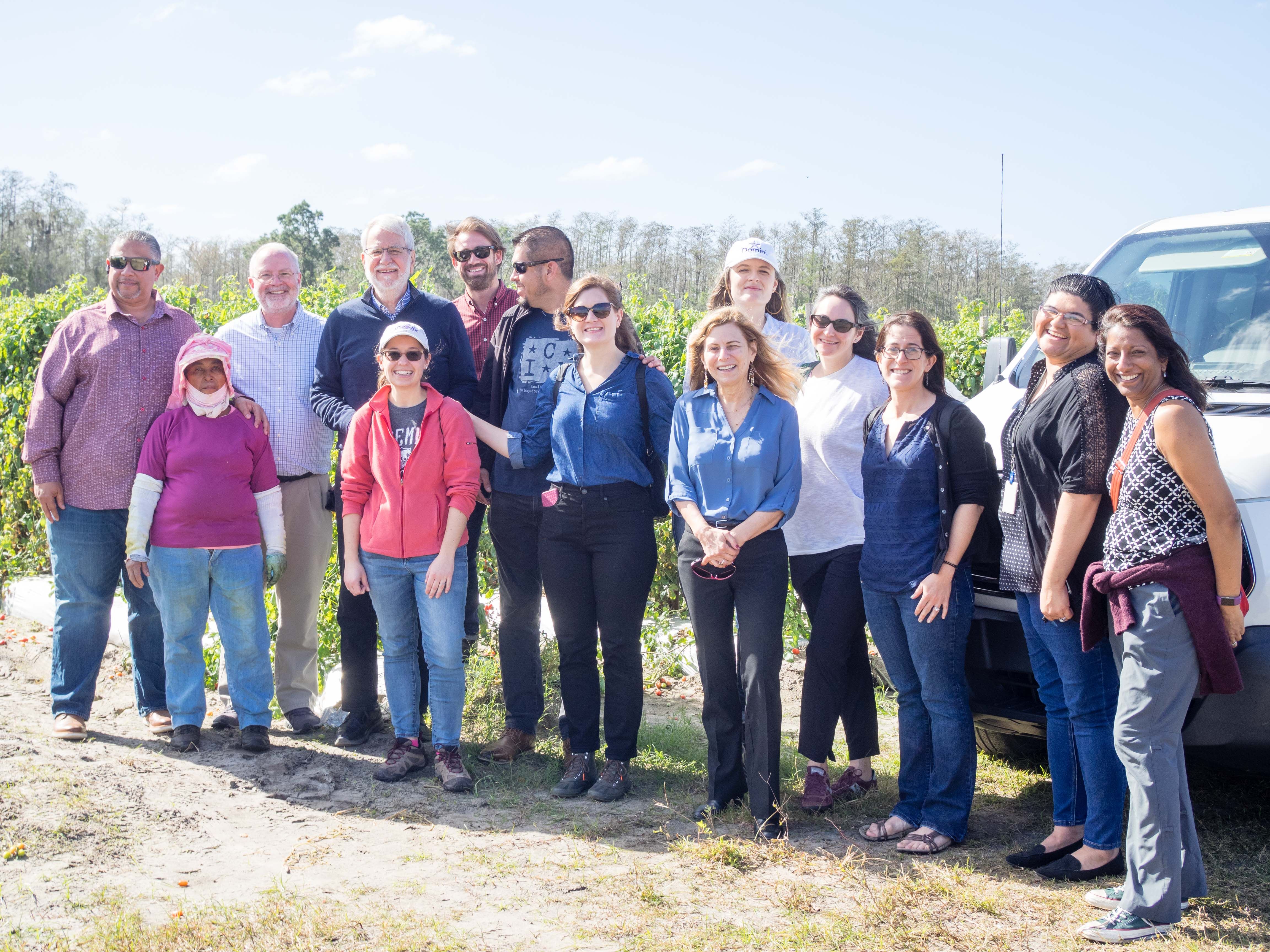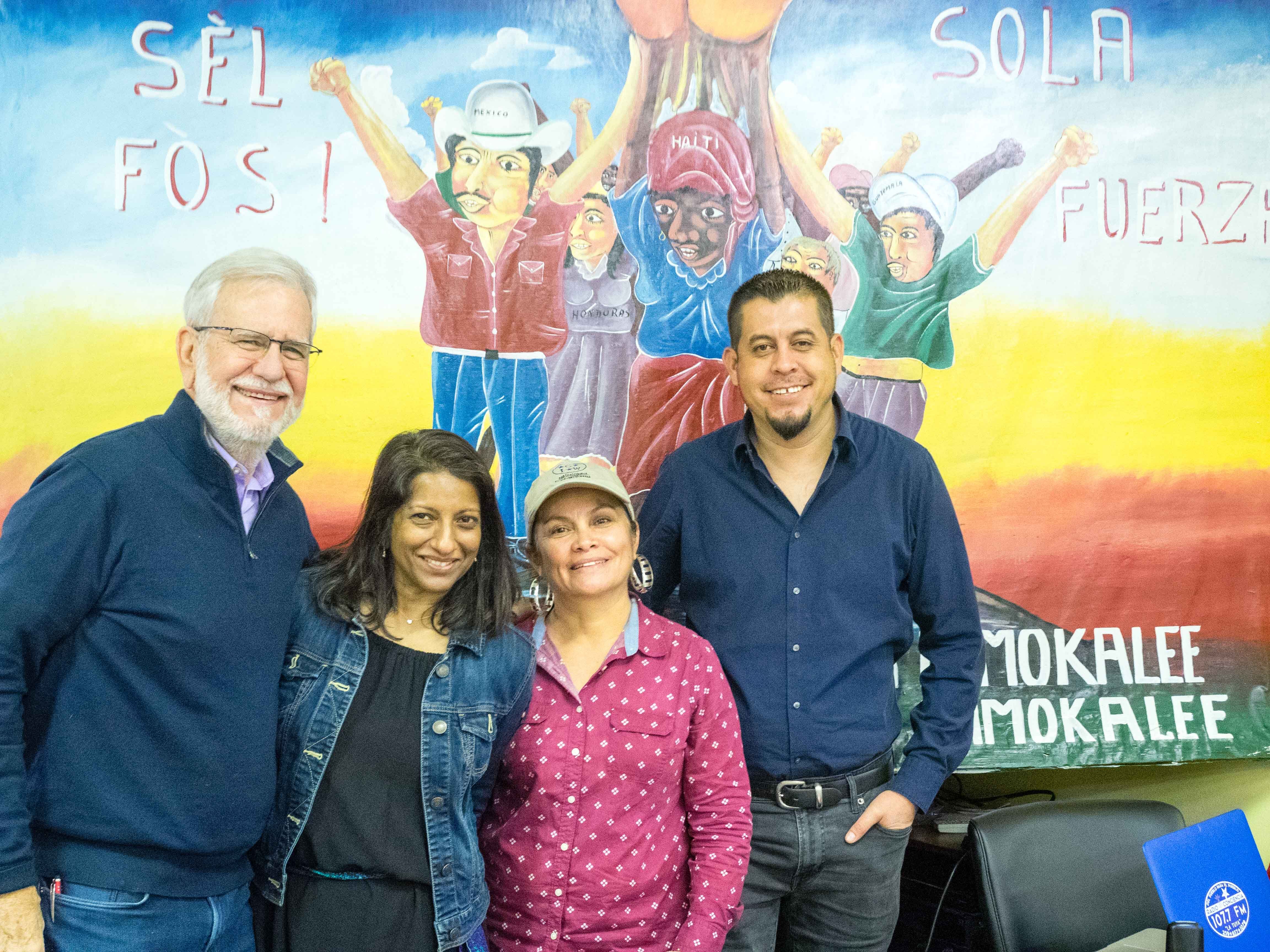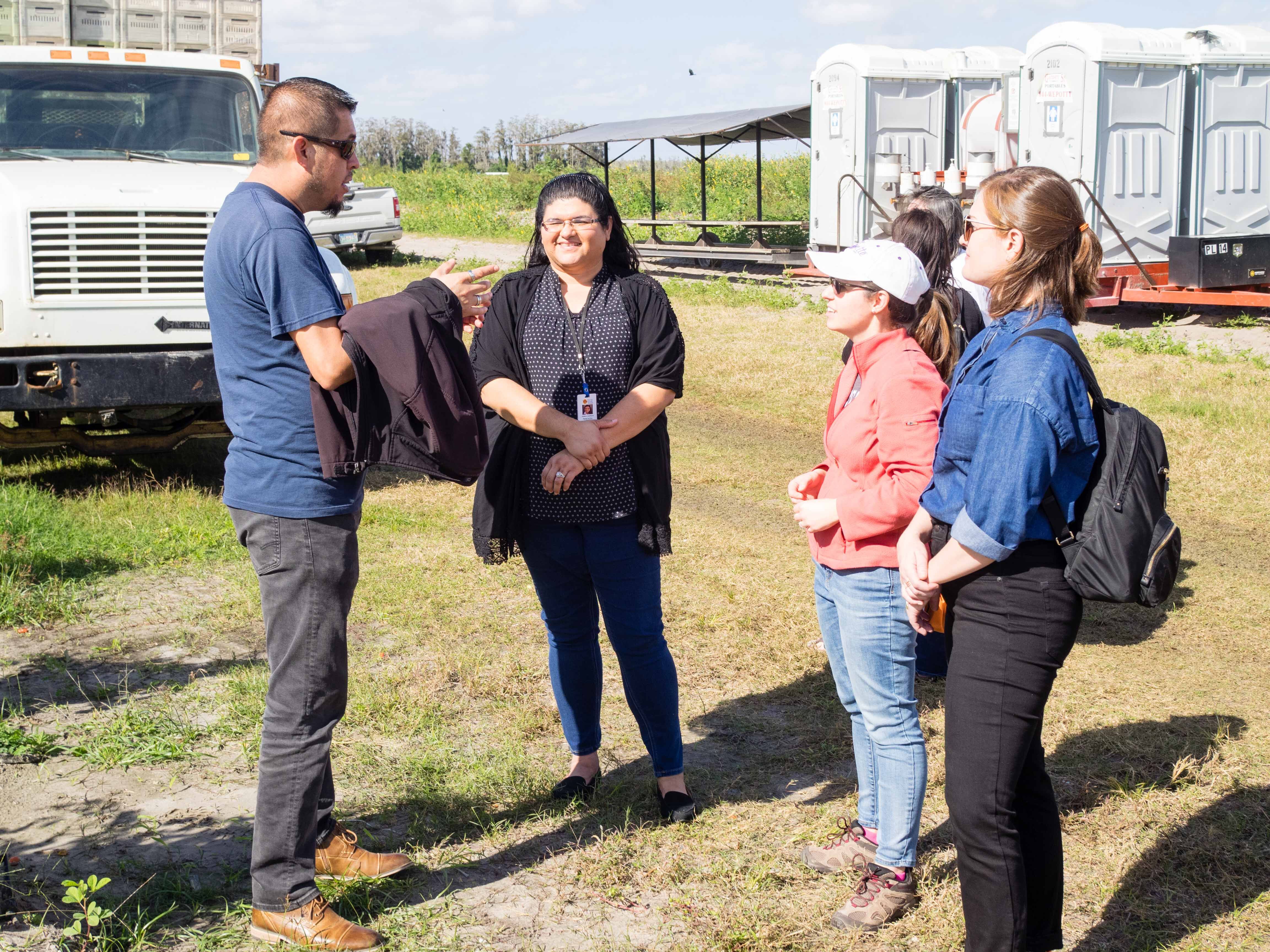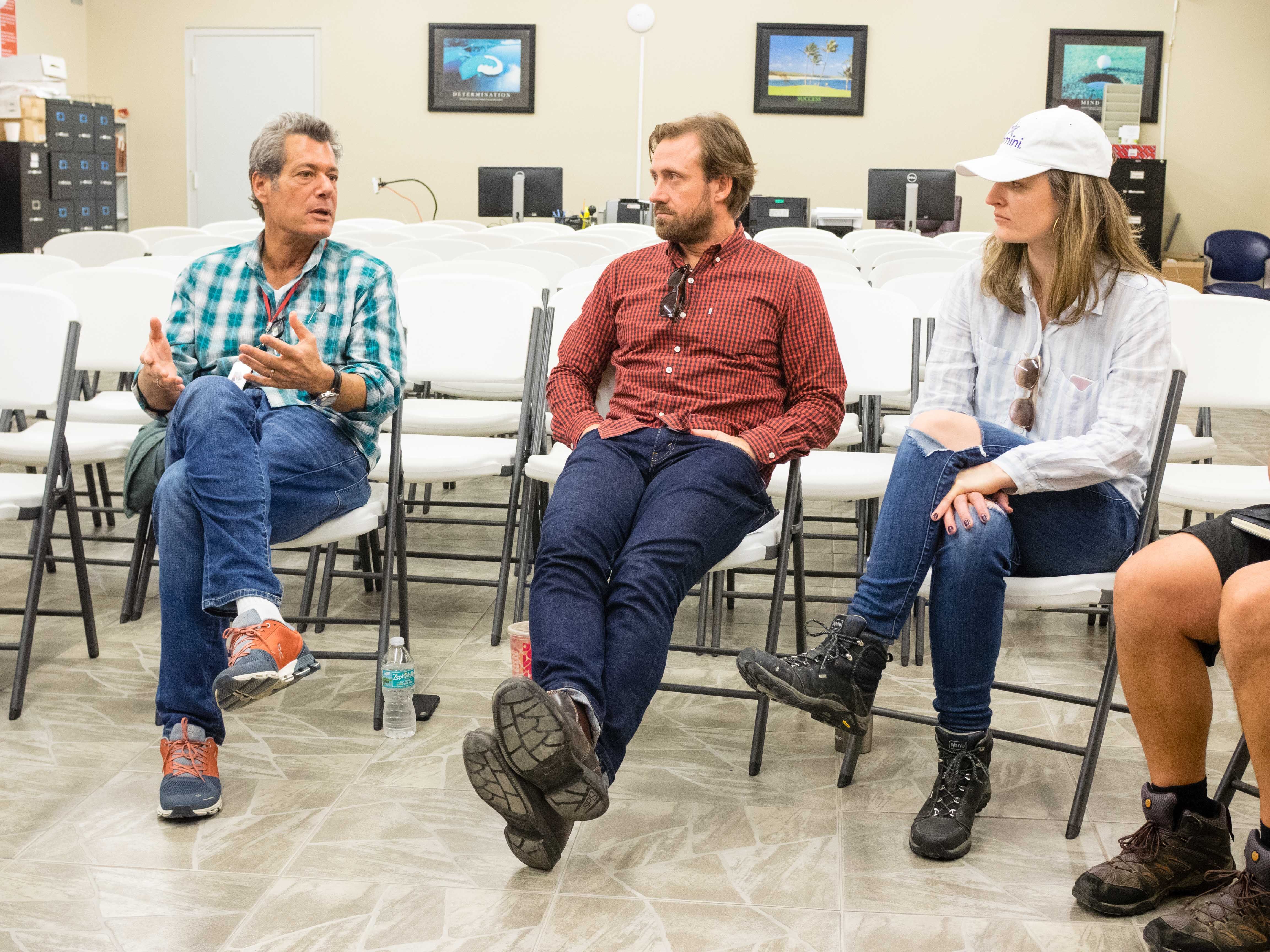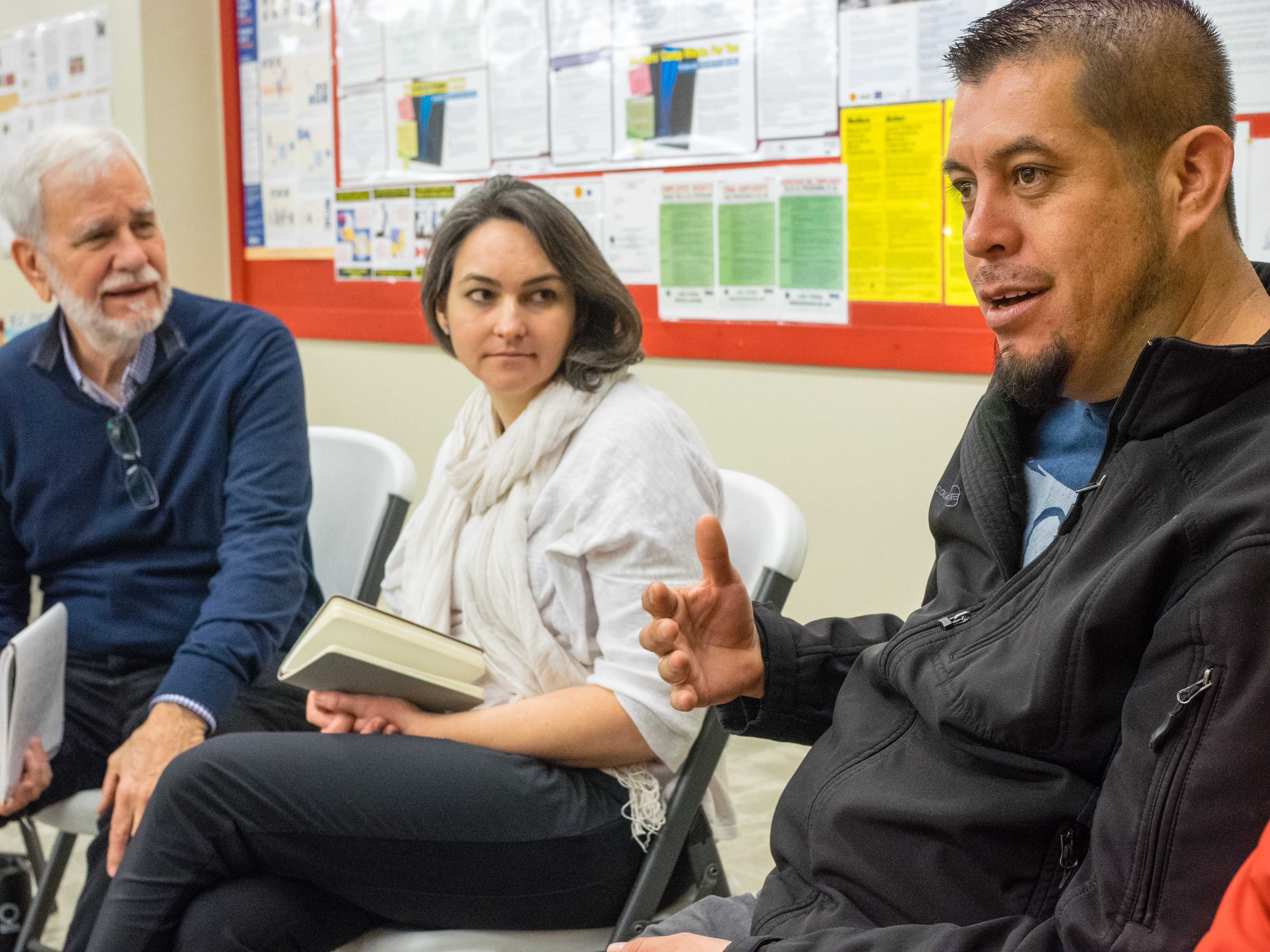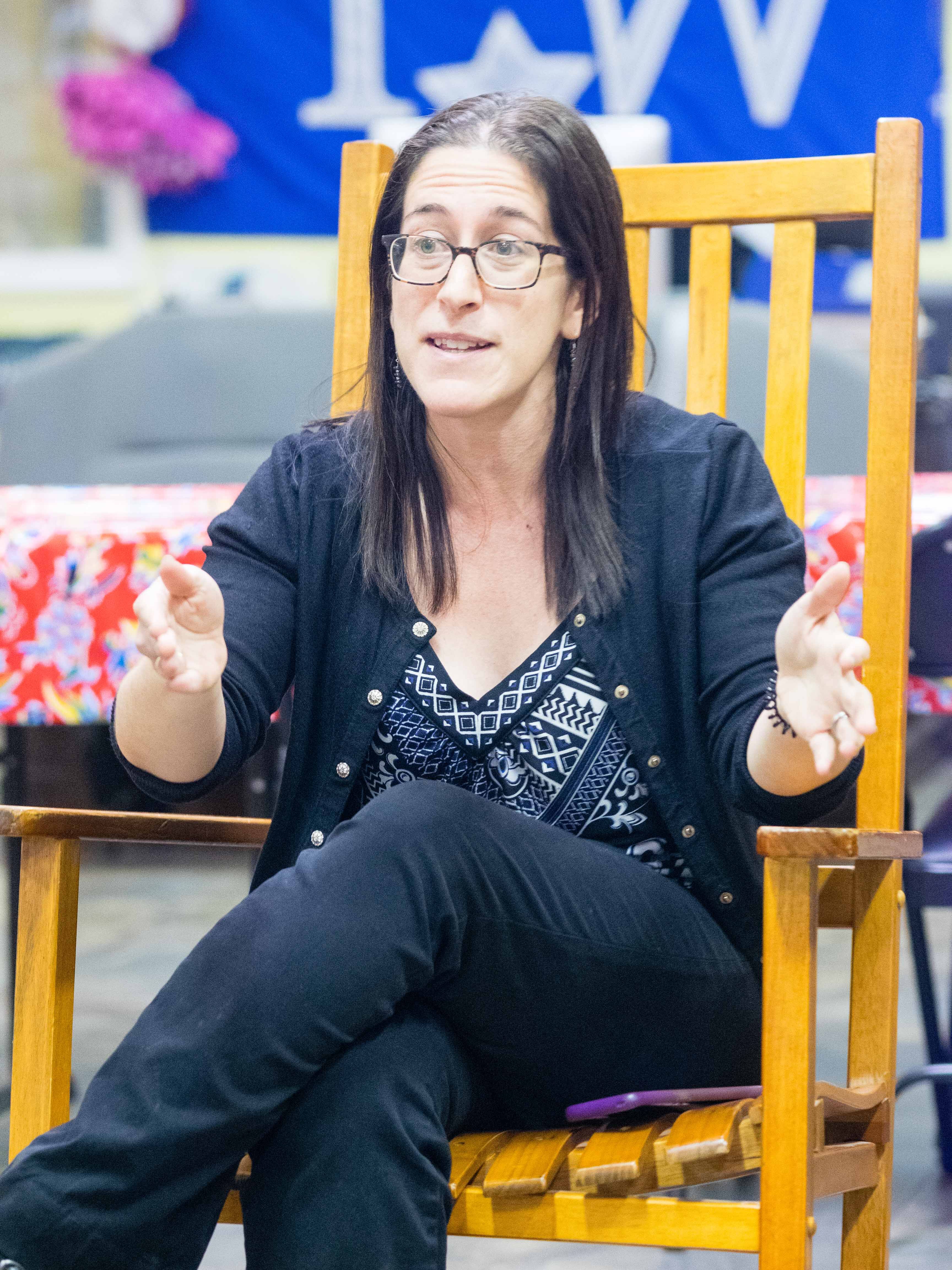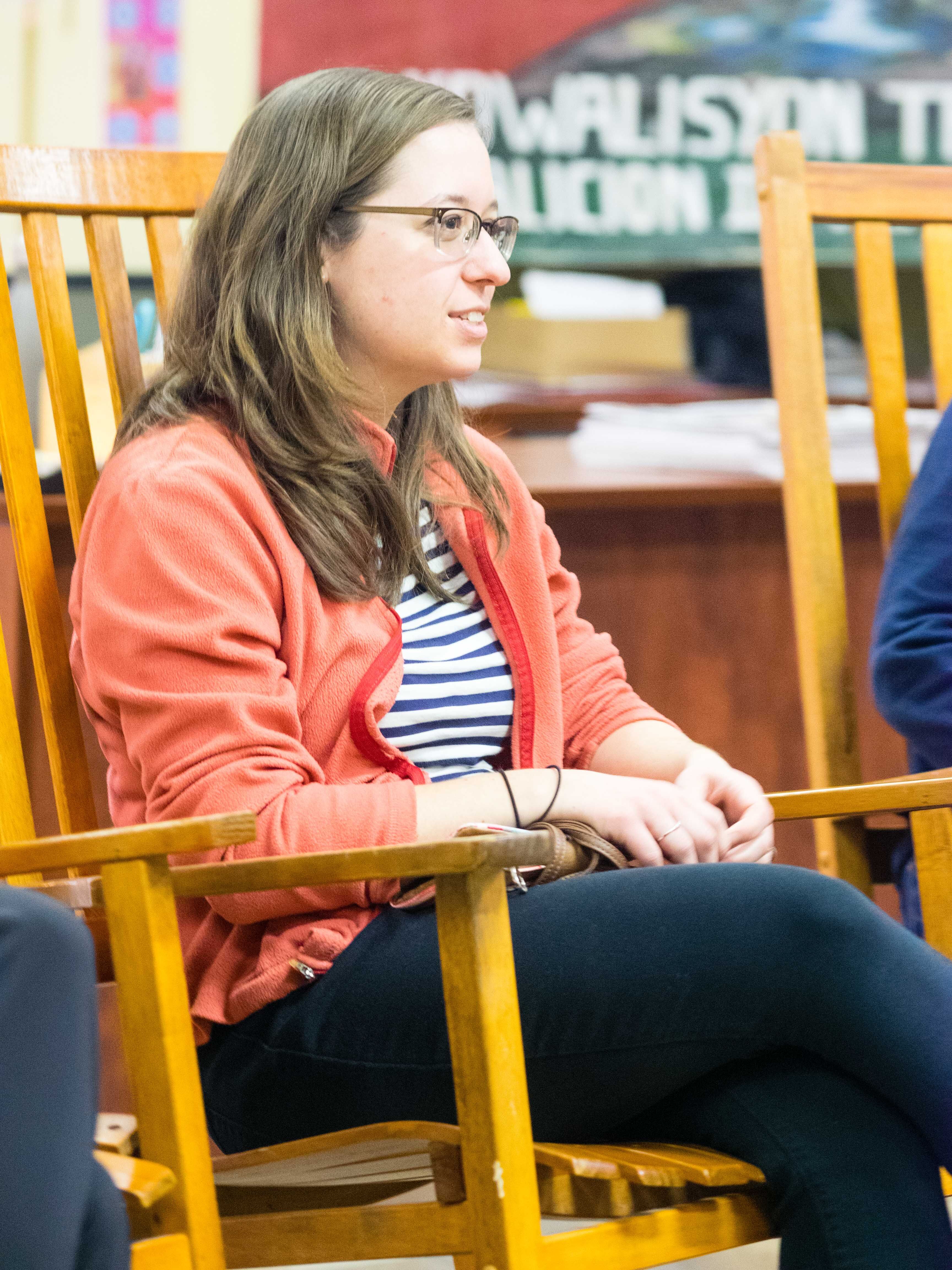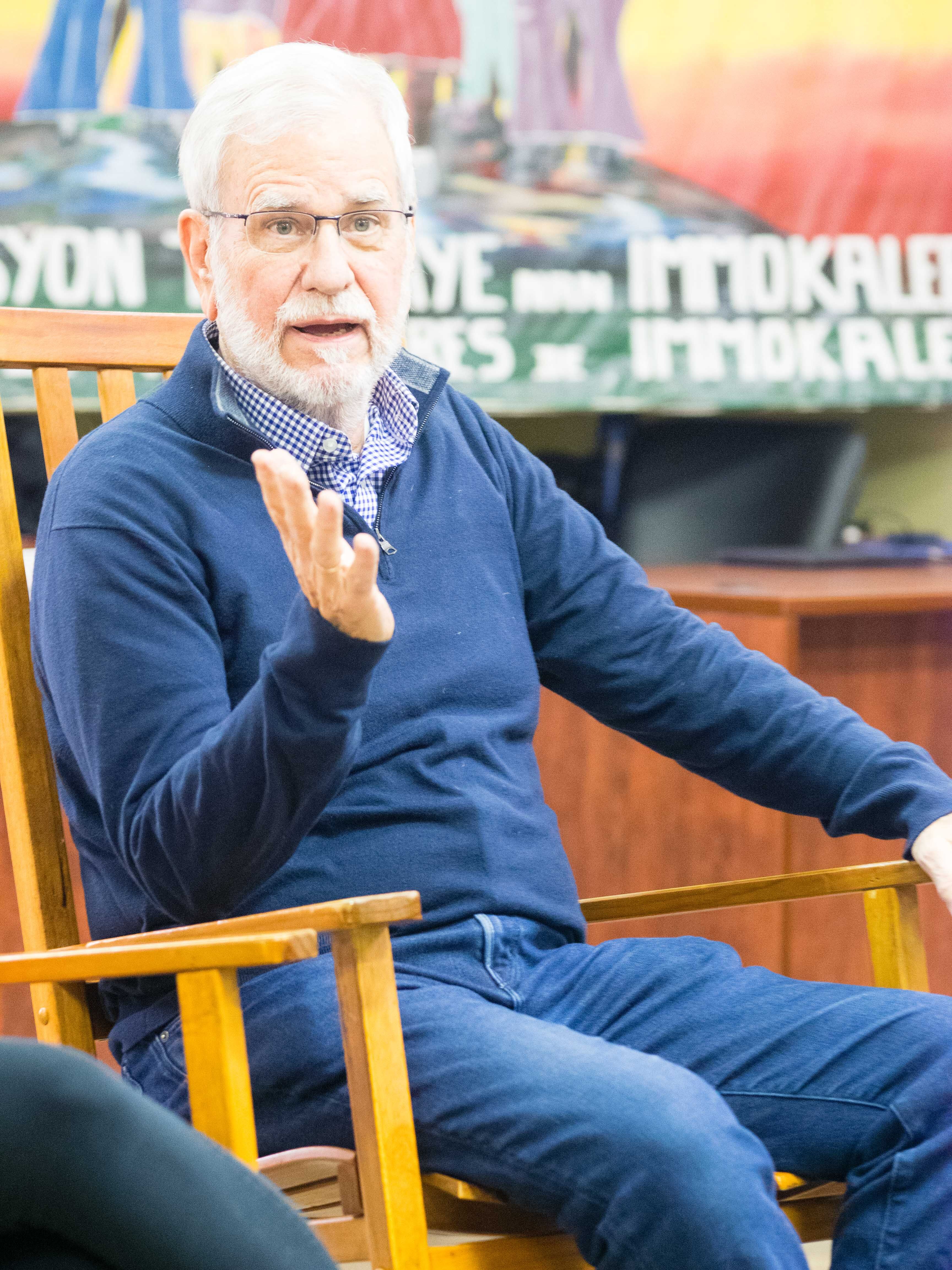
Interfaith Center on Corporate Responsibility, Investors Alliance on Human Rights pen powerful letter to Wendy’s CEO, Board Chair following visit to Immokalee to meet with CIW, study Fair Food Program…
“We recognize that Wendy’s has its own Code of Business Conduct and Ethics, Supplier Code of Conduct, and related programs in place. However, this is not enough… In the absence of a meaningful worker-driven model, it is impossible for Wendy’s to know that its policies are working to achieve the company’s stated goals and maintain compliance with legal and human rights expectations.”
In early January, socially responsible investors and advisors traveled to Immokalee to study how the Worker-driven Social Responsibility paradigm pioneered in the Fair Food Program has achieved such unparalleled advances in human rights for farmworkers and matchless risk prevention for retail food corporations. Organized by the Interfaith Center on Corporate Responsibility (ICCR was an early endorser of WSR Principles) and its Investor Alliance for Human Rights, the delegation brought some of the nation’s most respected socially responsible funds and advisors together to witness the Fair Food Program in action.
Over the course of three days, the delegation learned how a vital new approach to protecting fundamental human rights in corporate supply chains — built by the rights holders themselves — emerged from a decades-long struggle led by farmworkers living and working in one of the poorest communities in the U.S. They met with Judge Laura Safer Espinoza and staff from the Fair Food Standards Council to examine how the Council’s deep audits and rapid investigation and resolution of complaints set a new gold standard for human rights compliance. And with increased investor attention on the imperative to end forced labor and sexual violence in supply chains, the delegation heard from leaders of the CIW’s anti-slavery efforts about how those hideous abuses were eradicated to the point of prevention by the Program.
Photos of delegation participants and staff from CIW and FFSC, T’ruah, and Pacific Tomato Growers during the recent visit.
Following their visit, the delegation penned two eloquent dispatches describing the urgent lessons learned during their time in Immokalee: one a post on the ICCR website; the other a letter to Wendy’s CEO Todd Penegor and Board Chair Nelson Peltz, urging Wendy’s to join the Fair Food Program and requesting a meeting to discuss their findings in person. Here below are excerpts from those two pieces, first from the post describing their visit, and second from the letter to Wendy’s.
ICCR blog post:
In January 2020, members and staff of the Interfaith Center on Corporate Responsibility (ICCR) and the Investor Alliance for Human Rights visited Immokalee, Florida to meet with and learn from the Coalition of Immokalee Workers (CIW) about their Fair Food Program (FFP), established in 2011. Fourteen companies – including Burger King, McDonald’s, Whole Foods, and Walmart – have now signed onto the FFP and its legally binding commitments.
ICCR and the Investor Alliance work closely with civil society groups to ensure that investors’ corporate engagement strategies are accountable to impacted people and communities. This visit helped bring this commitment into action by modeling a meaningful approach for investors to take in engaging with rights-holders. The delegation met with CIW and FFP staff, growers, and farmworkers to hear about their experiences with the program, the benefits it provides, and how it has transformed the lives of farmworkers, their families, and their communities.
Investors have a long history of engaging with companies on respect for human rights and responsible supply chains. Throughout this history, it has been clear that a ‘top-down’ corporate auditing approach has not sufficiently improved working conditions in fields and factories producing for large brands and retailers. The FFP is transformational because workers are at the center. They are the principal architects of the program, with their experiences as the frontline monitors of their own rights—backed up by the possibility of binding and enforceable market consequences at the end of the supply chain if those rights are violated—driving change in basic working conditions and the establishment of an environment where they are treated with dignity and respect… (read more)
Investors’ letter to Wendy’s:
Mr. Nelson Peltz
Chairman of Wendy’s Corporation
Trian Partners
280 Park Ave
New York, NY 10017Dear Mr. Peltz,
The undersigned investors, many of whom are or represent Wendy’s shareholders, have recently participated in a delegation visit to Immokalee, Florida and are now writing to urge Wendy’s to join the Fair Food Program (FFP). As we witnessed throughout our visit, the FFP has transformed the lives of farmworkers, their families, and their communities. It is successful and accountable because it is driven by worker-led solutions, and it provides certainty that workers are protected from abuse, violations of law, and the violation of their human rights. If abuse does take place, there is a proven and effective accountability and remediation process embedded in the FFP.
We recognize that Wendy’s has its own Code of Business Conduct and Ethics, Supplier Code of Conduct, and related programs in place. However, this is not enough. The role of workers in developing the FFP’s specific Code of Conduct and in monitoring and implementing that Code is unique, and this role has been identified as the primary factor that makes this model effective. In the absence of a meaningful worker-driven model, it is impossible for Wendy’s to know that its policies are working to achieve the company’s stated goals and maintain compliance with legal and human rights expectations. The FFP includes a dedicated team of experts through the Fair Food Standards Council that audits the FFP’s Code and maintains a 24/7 grievance hotline. Through on-site investigations, interviews with workers, and corrective action plans, an impressive 52% of complaints are resolved within 2 weeks and 79% within a month.
While you may believe there are reasons that justify why Wendy’s has not yet joined the FFP, what we witnessed firsthand convinced us that your joining is in the best interests of workers and the company. As investors concerned about long-term value creation, we began our visit, in part, seeking to understand the links between this program and the economic benefits for Wendy’s. However, we came to the conclusion that there is no equivalency between basic respect for worker dignity and human rights, and the costs that may be associated with implementing a program to ensure compliance with those rights and existing law. That said, we are also confident that there would be economic benefits to Wendy’s from joining the FFP, such as worker retention at Wendy’s suppliers, the avoidance of fines, and, most of all, demonstrating good governance and risk management that benefit Wendy’s reputation as a company and retailer. But the primary driver for our support is that it ensures that there will be basic respect for workers’ rights and dignity, the violation of which is a cost that no company should risk when a proven worker-driven solution like the FFP is readily available.
Based on what we saw, heard, and learned during our on-the-ground experience in Immokalee, we strongly recommend that Wendy’s join the 14 buyer companies who are currently signed onto the FFP and who are demonstrating true leadership in responsible business conduct… (read more)
Here in Immokalee, farmworker community leaders and Fair Food Program staff were deeply moved by the delegation’s genuine desire to understand the Worker-driven Social Responsibility model and the true spirit of solidarity that was forged during the January visit. We look forward to working together in the months and years ahead, both to bring Wendy’s into the Fair Food Program fold, and to expand the WSR model to the countless more workers around the globe who so urgently need its unique mix of worker-led monitoring and buyer-backed enforcement tools in their own workplaces.

